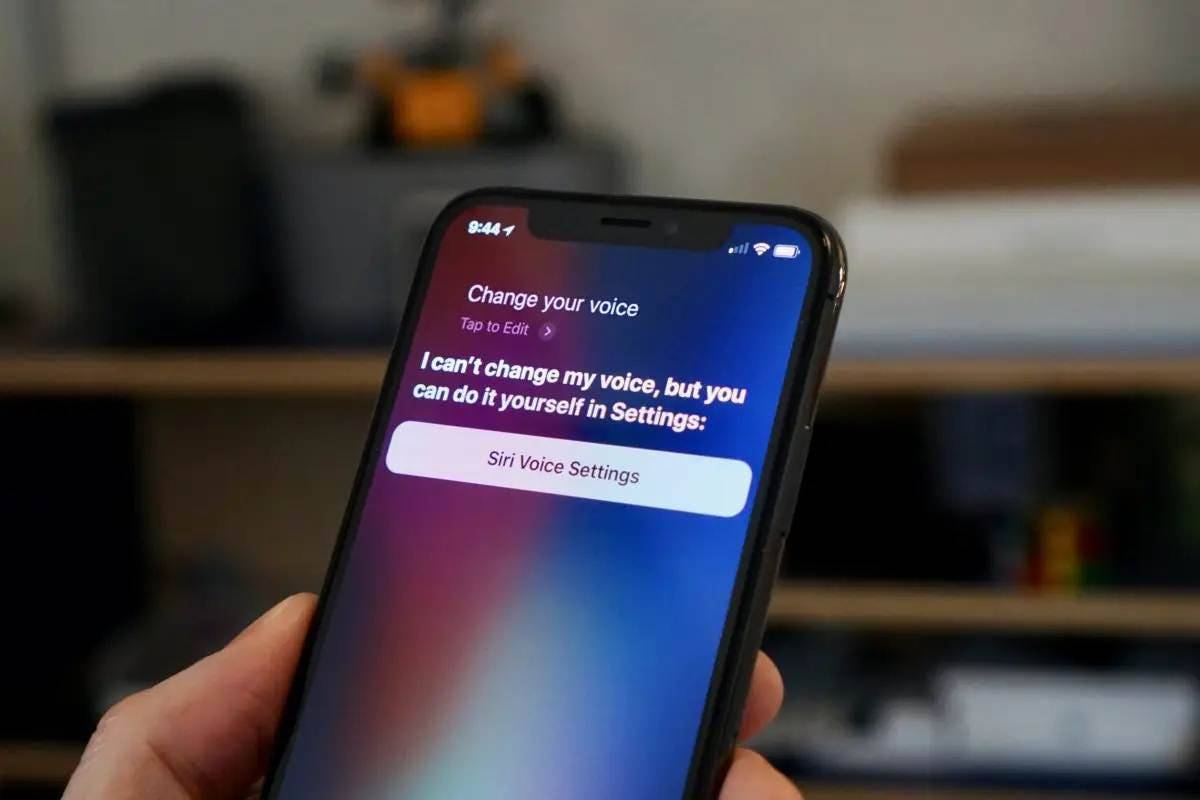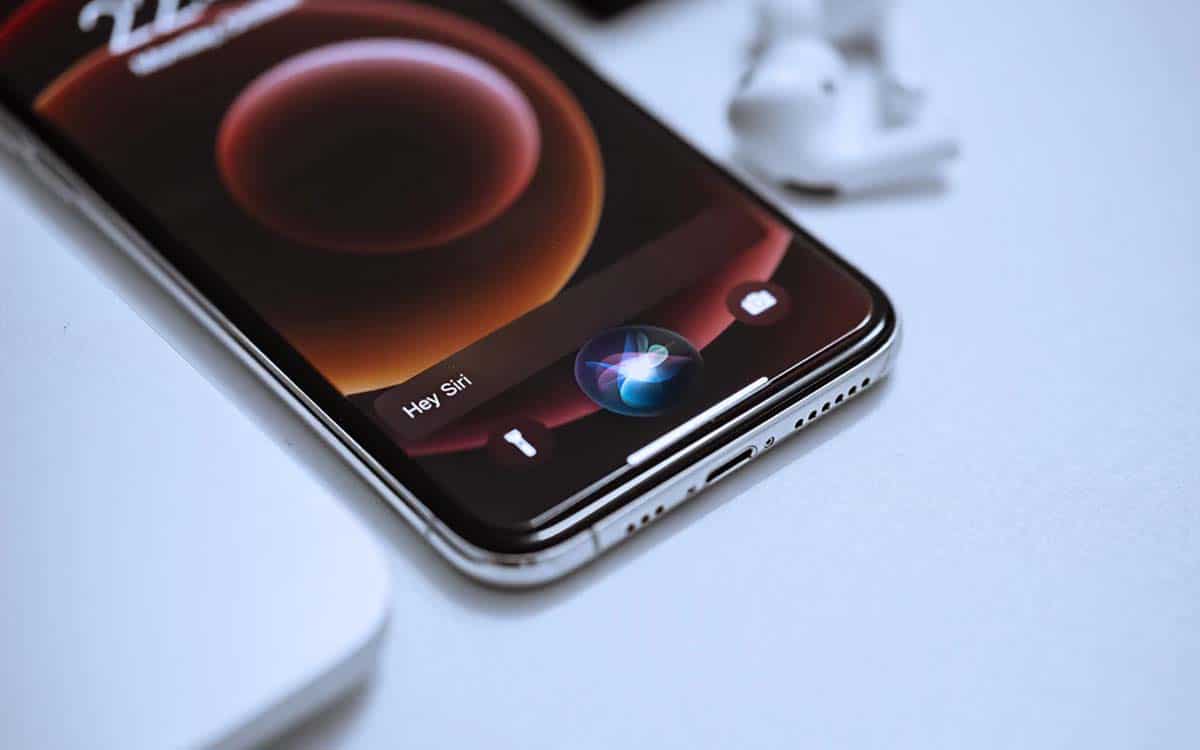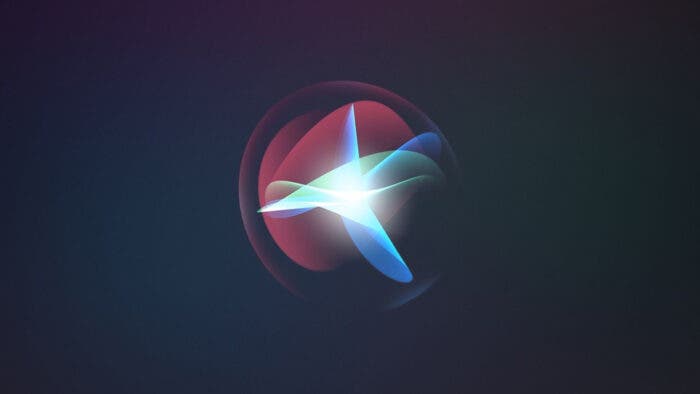Apple, the tech giant renowned for its cutting-edge innovations, finds itself on the cusp of a transformative mission: the seamless integration of advanced Artificial Intelligence (AI) features into its illustrious lineup of products. In what has been deemed one of the brand’s paramount objectives for the year 2024, Apple is poised to embark on a remarkable journey towards revitalizing its ever-loyal virtual assistant, Siri.
Apple Faces a Monumental Challenge in Ushering In a New Era of Artificial Intelligence

This audacious undertaking is the brainchild of none other than Mark Gurman, a seasoned journalist whose insightful revelations were shared in the latest edition of his acclaimed Power On newsletter. Gurman’s exposé delves deep into the intricate intricacies of Apple’s masterplan for the upcoming year. A blueprint that includes nothing short of introducing generative AI engines into the very heart of Siri. And the diverse array of devices bearing the iconic Apple logo.
Apple Races Against Time in the Pursuit of Generative AI Mastery
In the realm of technology, the future is both a tantalizing promise and an elusive shadow. While Apple’s CEO, Tim Cook, has repeatedly claimed that the company has been diligently toiling away at the development of groundbreaking AI features for several years, Mark Gurman delivers a revelation that contradicts this narrative. The astute journalist from Bloomberg posits that the tech behemoth was caught off guard by the meteoric rise of AI technology throughout the year 2023 and has been fervently “struggling since late last year to make up for lost time.”
To tackle this formidable challenge, Apple has mobilized some of its most brilliant minds, with key executives leading specialized teams dedicated to the development of a cutting-edge AI ecosystem. One of these teams is spearheaded by the formidable John Giannandrea, Vice President of Machine Learning and AI Strategy, who is vested with the formidable task of architecting a “smarter version of Siri.”
Craig Federighi, the venerable head of software at Apple, assumes a pivotal role in the grand design of incorporating AI engines into the forthcoming iteration of iOS. This grand endeavor hinges on Apple’s very own LLM language model. Promising a future in which AI is seamlessly interwoven into the fabric of everyday digital life.
A Glimpse into the Future: Siri’s Enhanced Integration and Developer Empowerment
Among the array of groundbreaking features set to captivate users worldwide, Siri’s deeper integration into the Messages app stands out as a prime example. This integration not only promises to enhance Siri’s capacity to tackle complex queries with aplomb. But also to master the art of crafting sentence completions with unparalleled efficiency. Furthermore, Apple has its sights set on integrating AI into Xcode, the cherished haven for developers. Where it will empower them to write code at an accelerated pace.
Eddy Cue, Apple’s indomitable Vice President of Services, has marshaled a dedicated team for a relentless pursuit of integrating Artificial Intelligence into Apple’s vast array of services. With these relentless efforts, music enthusiasts will soon find Apple Music curating new playlists with an uncanny understanding of their unique preferences. While creative minds using apps like Pages and Keynote will receive AI-powered assistance to craft their works of art.
The Ticking Clock: Apple’s Urgency in the AI Race
The urgency with which Apple is embracing AI across its services and applications cannot be overstated. In a quest to ensure the swift and seamless integration of AI technologies, Apple plans to allocate an annual budget of a staggering $1 billion to advance its Artificial Intelligence research endeavors.
Jeff Pu, a celebrated Apple analyst, foresees an era of profound AI integration in iOS 18, further cementing the notion that 2024 will mark the year in which Apple, the North American technology colossus, will wholeheartedly embrace AI’s transformative potential, forever altering the landscape of their products and services. The stage is ready for a new dawn in technology, and Apple is planning to lead the way.

Here are some specific examples of how Apple could use generative AI in its products and services
- Siri could be in use to generate personalized news feeds, tailored to the user’s interests.
- Siri could be in use to create custom playlists for Apple Music users, based on their listening habits.
- Generative AI could be in use to improve the performance of Apple’s apps, such as Pages and Keynote. For example, generative AI could be in use to suggest new content ideas, or to correct errors in grammar and spelling.
- Generative AI could be in use to develop new apps and services. Such as a tool that can generate realistic images from text descriptions.
Apple’s generative AI push is an exciting development. And it has the potential to change the way we interact with computers. It will be interesting to see how Apple integrates generative AI into its products and services in the coming years.
Some specific examples of how Apple’s generative AI push could impact the tech industry
- More personalized experiences: Generative AI could be in use to create more personalized experiences for users across a wide range of products and services. For example, generative AI could be in use to recommend personalized news articles, products, and entertainment to users.
- New forms of creativity: Generative AI could be in use to create new forms of creativity. For example, generative AI could be in use to generate new music, art, and literature.
- More efficient workflows: Generative AI could be in use to automate tasks and to make workflows more efficient. For example, generative AI could be in use to generate code, write reports, and create marketing materials.

Additional thoughts on the potential impact of Apple’s generative AI push
- Apple could become a leader in the development and deployment of generative AI. Apple has the resources, expertise, and data to become a leader in this field. If Apple is successful, it could set a standard for other companies to follow.
- Generative AI could help Apple to differentiate its products and services from those of its competitors. Apple is already facing increasing competition from companies like Google and Amazon. Generative AI could help Apple to maintain its competitive advantage.
- Generative AI could help Apple to create new markets and opportunities. Apple is always looking for new ways to grow its business. Generative AI could help Apple to create new markets and opportunities that it could not tap into before.
Overall, Apple’s generative AI push is a significant development with the potential to have a major impact on the tech industry. It will be interesting to see how Apple integrates generative AI into its products and services in the coming years. And how other companies respond.





